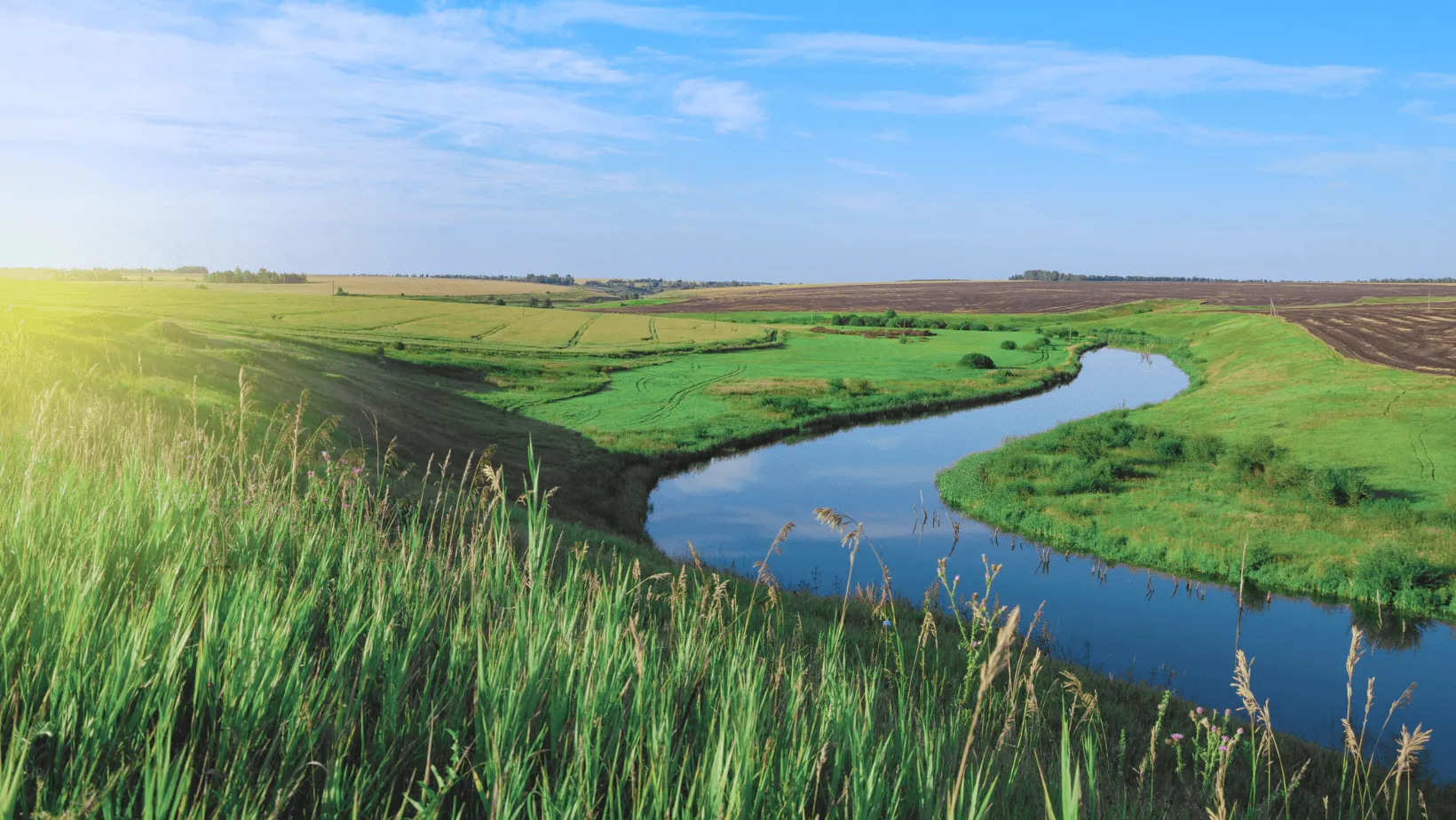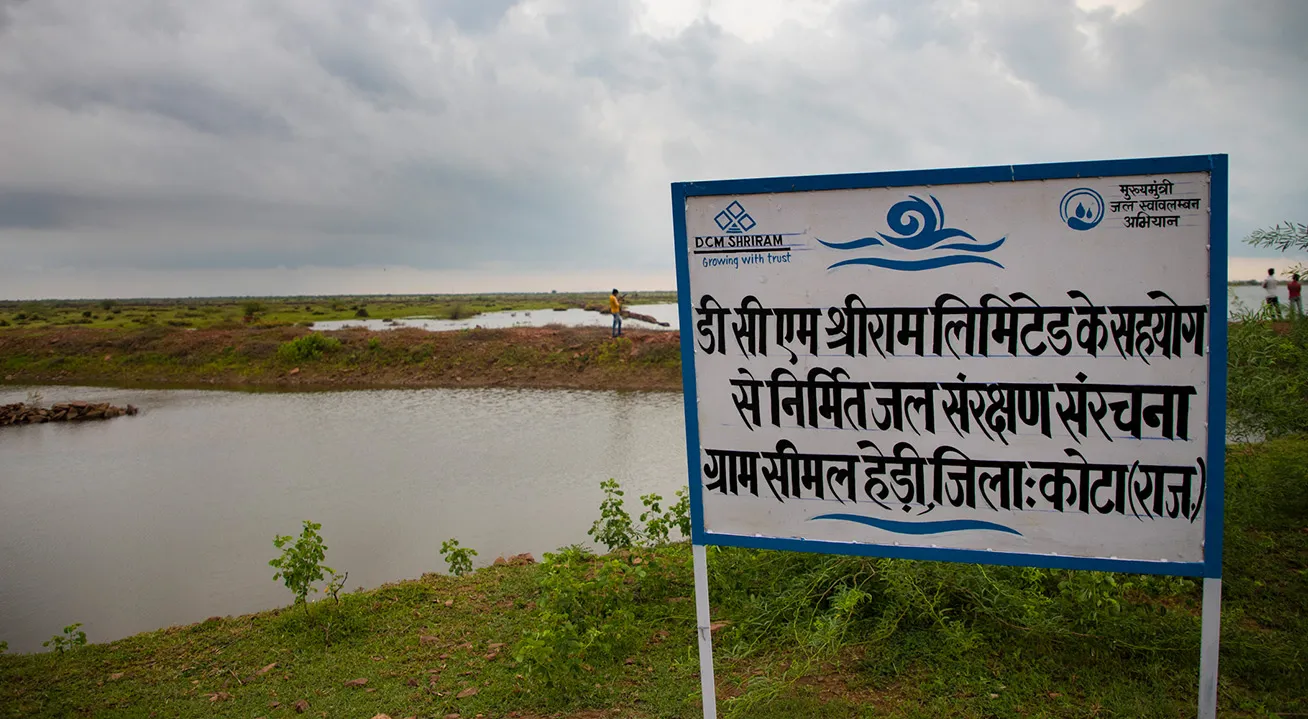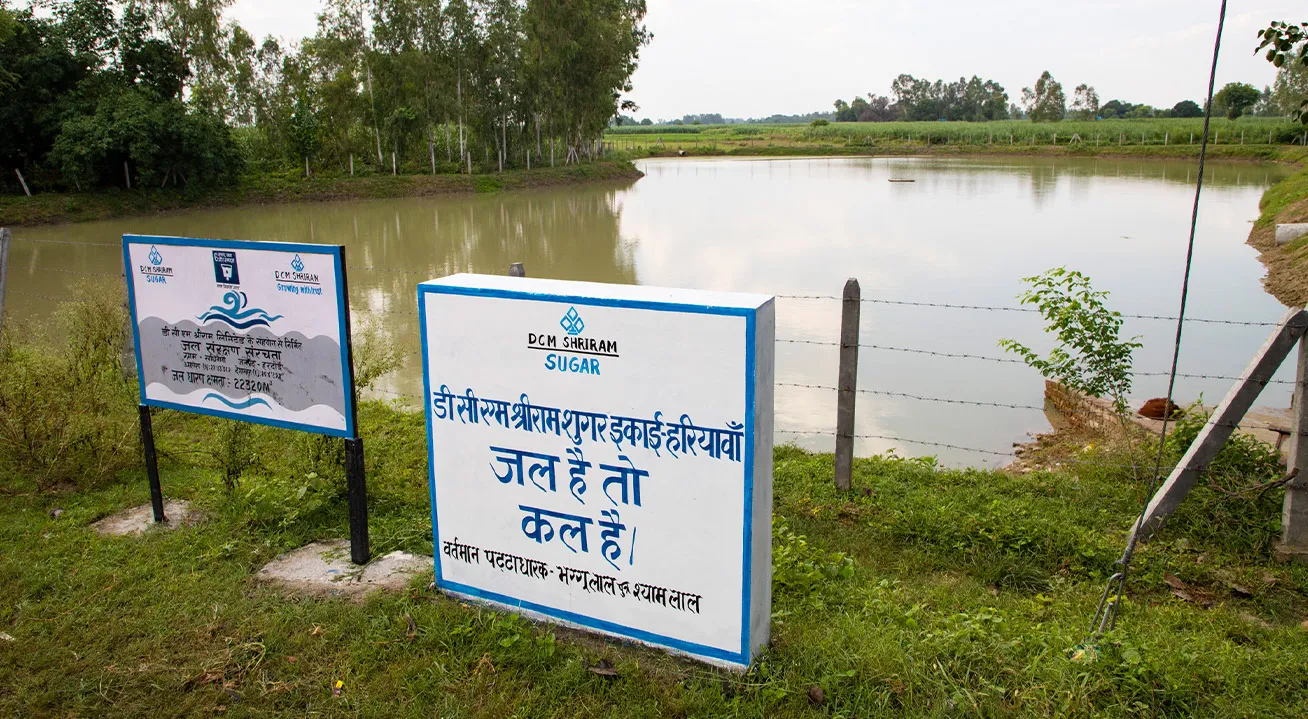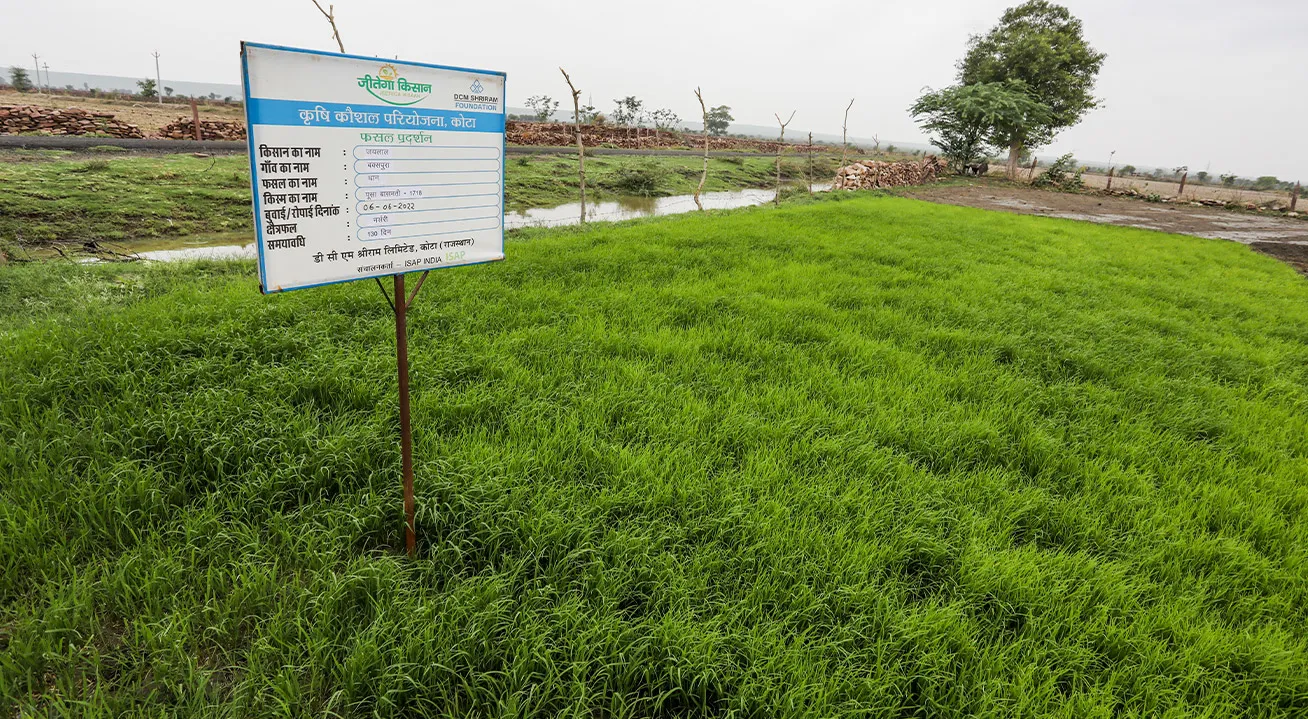Create an enabling environment for water conservation and improve water-use efficiency in agriculture.
Agriculture and Water are inextricably linked. To the extent that civilizations, down the ages, have flourished only along great rivers. The ability to transport water further inland through canals and much later through wells gave humanity the ability to expand their ability to produce more food and hence expand their population. However, the ever increasing demand for water is straining the capacity of rivers / water bodies / groundwater reserves. The fact also remains that we continue to need more food to feed the increasing human population. This is not taking into account the water requirements of other life forms with whom we share this planet.
It is an established fact that 70% of fresh water withdrawals in India goes into Agriculture. Around 60% of irrigation in India is done through abstraction of groundwater. It is also established that India is fast reaching an alarming position as regards ground water availability.
One sixth of blocks in the country are already in the over-exploited category. Add to it the fact that climate change impact is being increasingly felt through reduced rainfall spread.
Thus any intervention to conserve water at scale will essentially need to work closely with the needs of agriculture. The program will need to negotiate a complex interplay of variables including weather situation, Crop / variety selection, yield potential, water requirement of the crop, irrigation resources, technology to save water, agronomic practices, agri extension services, agri input availability, electricity availability and more. Not to mention policy changes that impact pricing of inputs / produce.
Interventions would also need to keep in mind that 70% of the population in the country depends on agriculture for its livelihood, and agriculture provides 15 - 18% of the nations GDP.

in partnership with

The DCM Shriram AgWater Challenge by the DCM Shriram Foundation & The/Nudge Prize acts as an innovation catalyst for water-smart agriculture. A 12-month long competition with a Prize purse of INR 2.6 cr, the challenge ensures innovative solutions which are scalable for efficient and sustainable water use in agriculture, thereby creating resilient livelihoods for small and marginal farmers in the face of water stress.

Water bodies rejuvenated through Water Conservation efforts in Kota, Rajasthan

Water bodies rejuvenated through Water Conservation efforts in Uttar Pradesh

Demo plot promoting improved agricultural practices to conserve water during irrigation

Farmers looking forward to rainfall for irrigation purposes